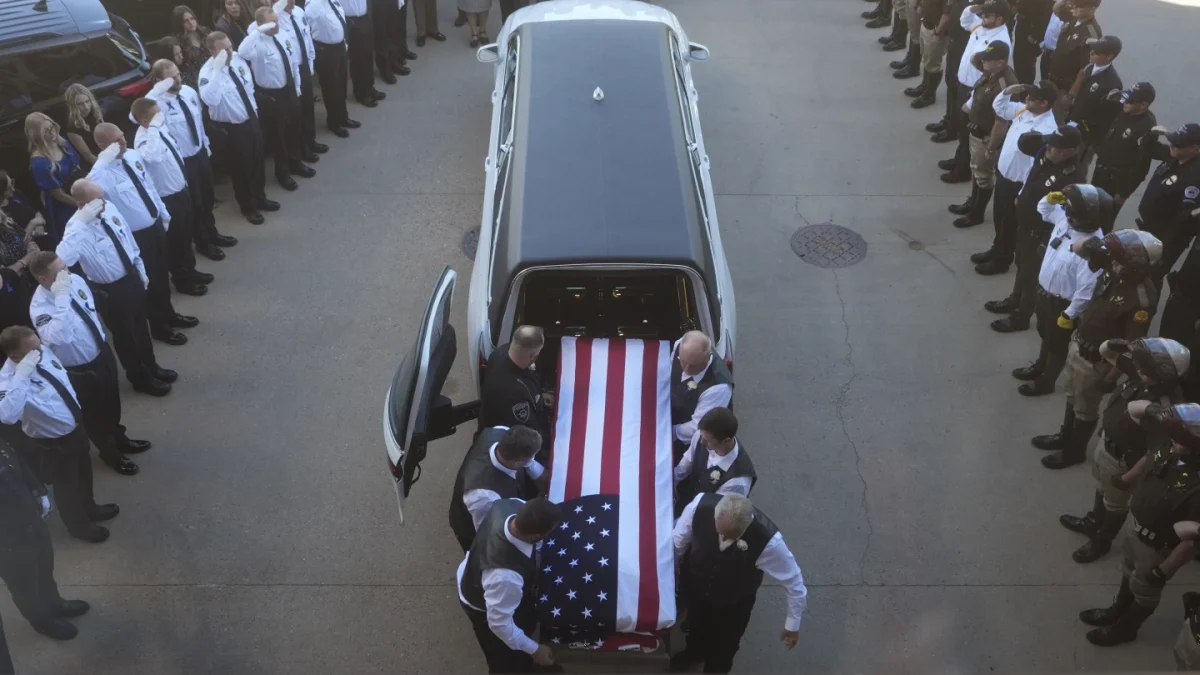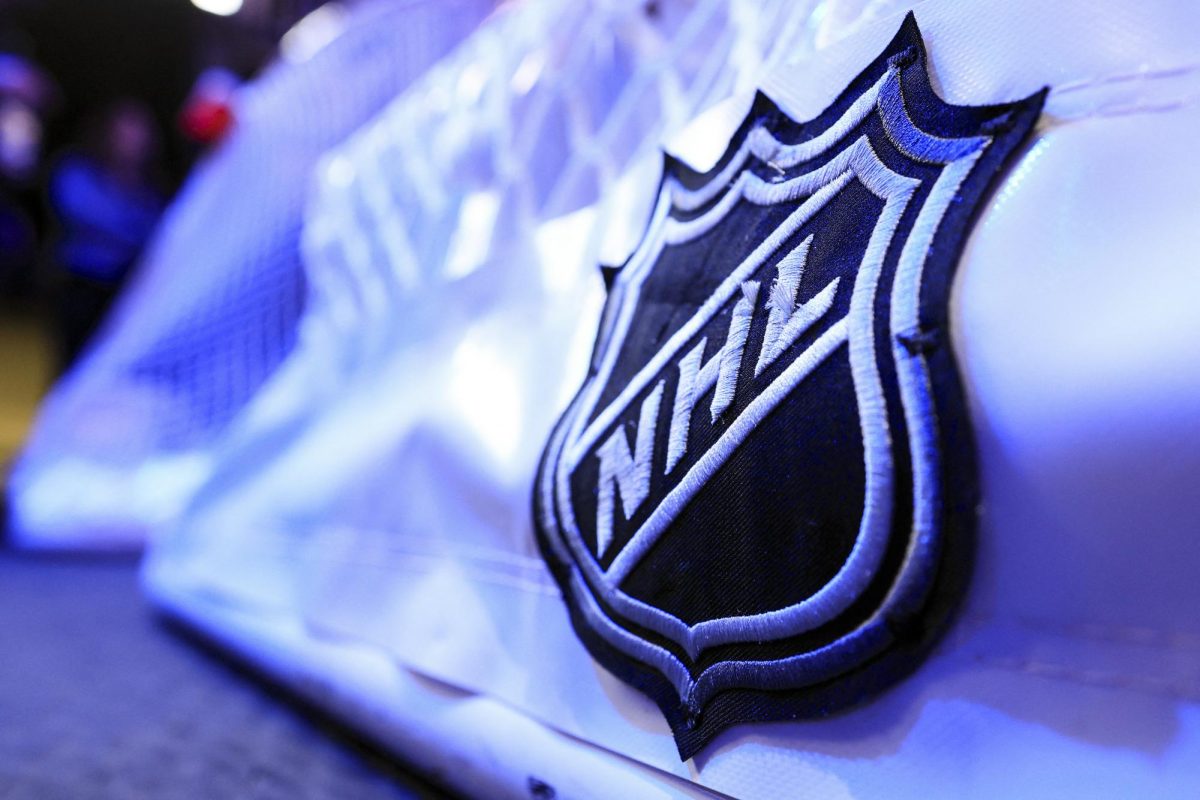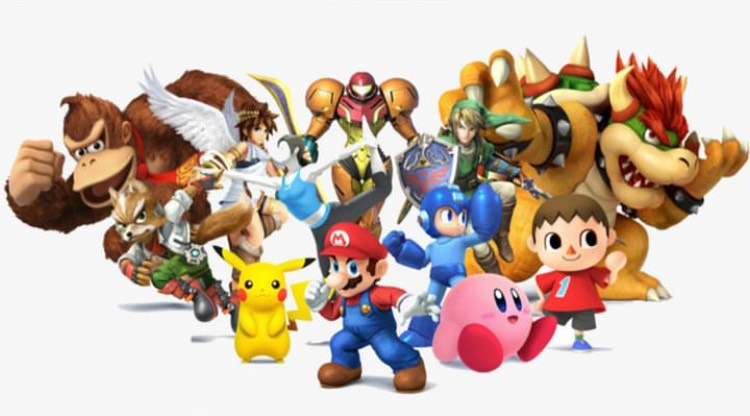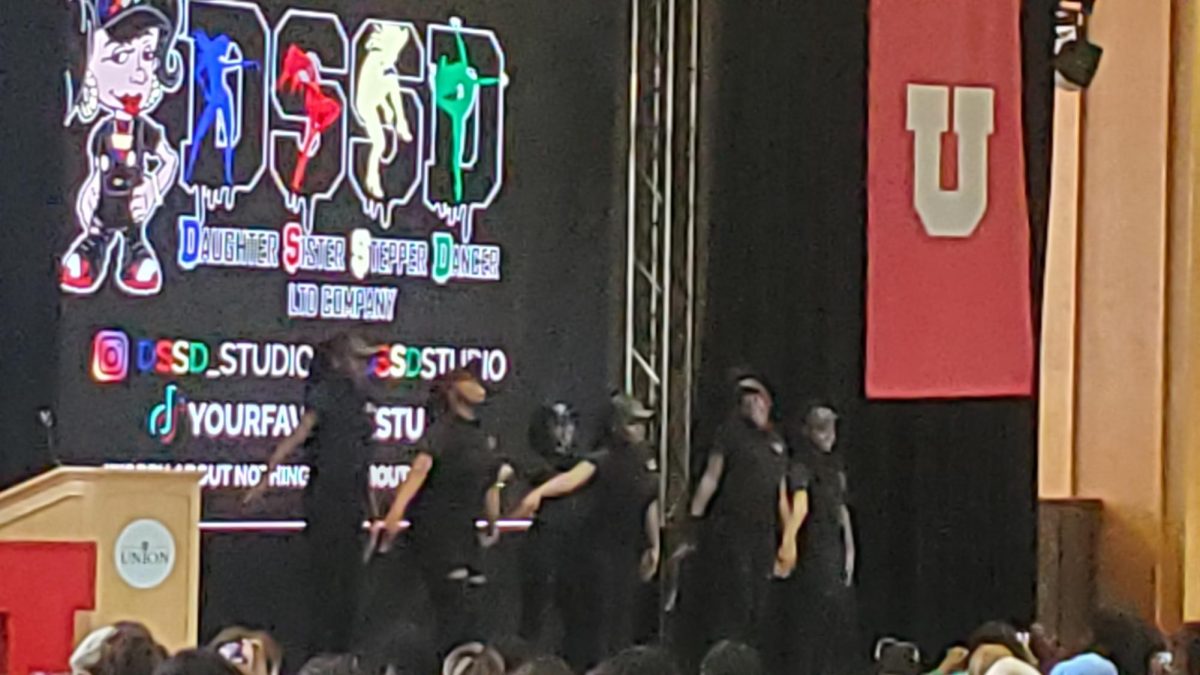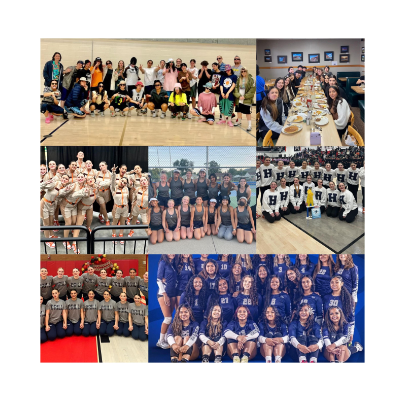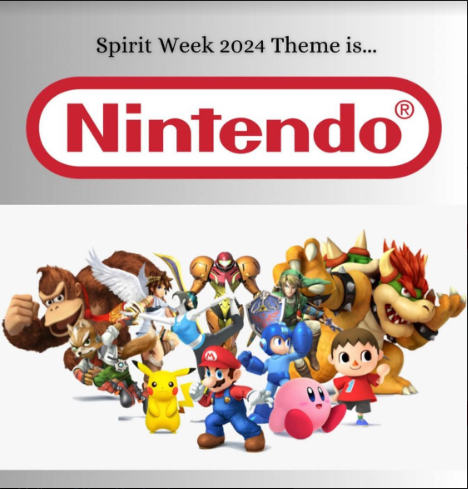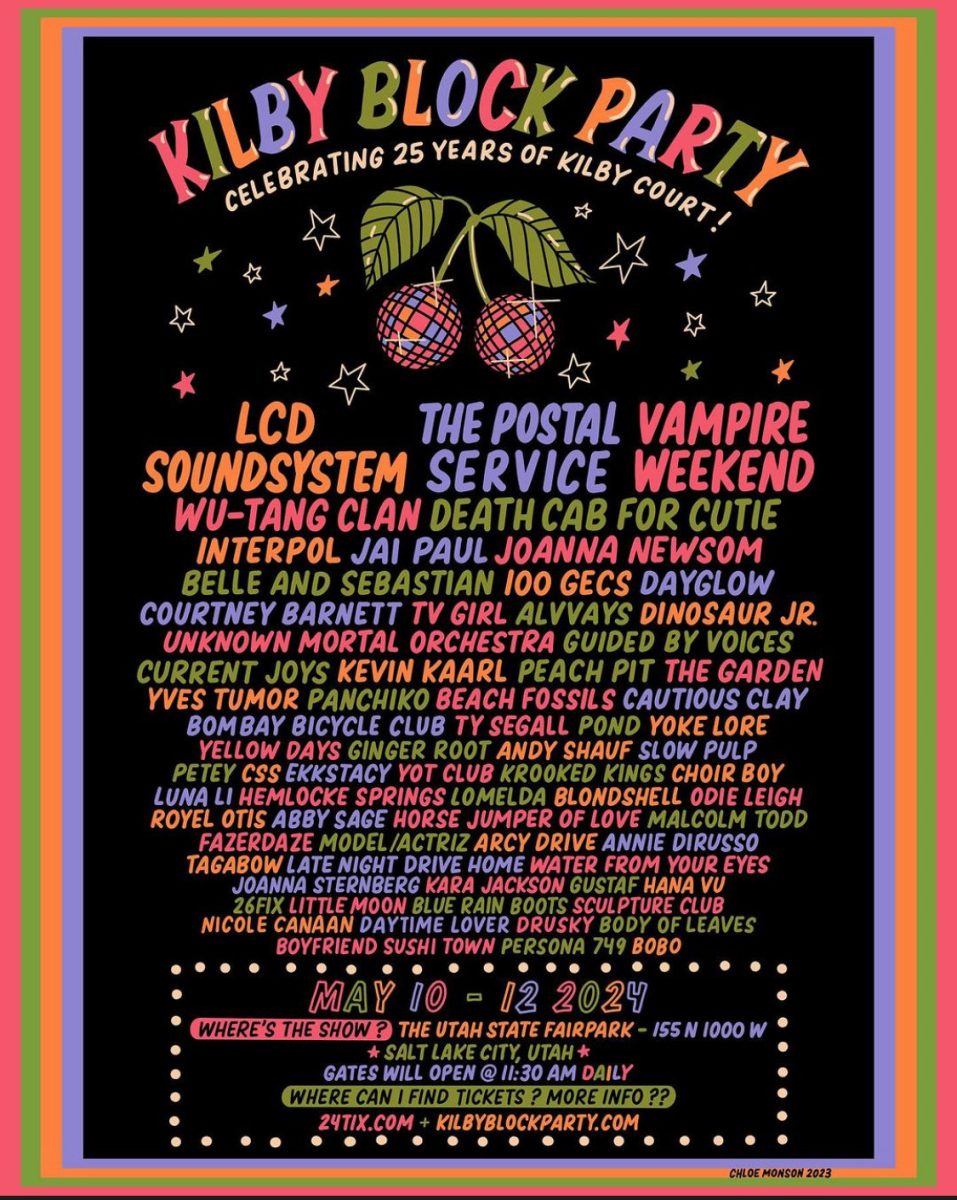Should NCAA student-athletes be penalized for receiving financial help
November 8, 2019
News surfaced of Ohio State University Defensive End, and future first-round draft pick, Chase Young will be suspended indefinitely and at least miss the game on Saturday, November 9th against the University of Maryland. He supposedly accepted a loan from a family friend in the Summer of 2018 and payed it back in full and will meet with NCAA officials to discuss the matter. If Young is telling the truth about paying the loan back in full then it will cause him to only miss a game.
This brought up the question, should NCAA athletes be penalized for receiving financial help, especially when needed. This is something that always happens and is always in the news. Sometimes it is the athletes getting paid from an agent or illegally selling their own memorabilia, which as of now (November 2019) is illegal under NCAA rules. However, there are some cases in which the athlete genuinely needs that help. There have been other situations that have occurred that cause you to question the NCAA in different aspects. Back in 2015, Baylor University Running Back Silas Nacita was ruled ineligible because he accepted a place to live from a close family friend.
These two stories and many others really make you wonder. If the NCAA was more relaxed on student-athletes receiving money to help them financially rather than just getting money to commit to a certain school, which has happened many times before as well, would this truly still be a problem? I believe that if the student-athlete has proof that it was to help financially rather than an in any improper way they should not be penalized for that. If you suspend or even take away their eligibility for getting a loan or getting a place to live then the NCAA does not care about the well-being of its athletes and their off the field problems. They just care about the revenue the athletes generate. If they start being more lenient then perhaps people will start to view the NCAA how they most likely want to be viewed by the public eye.

